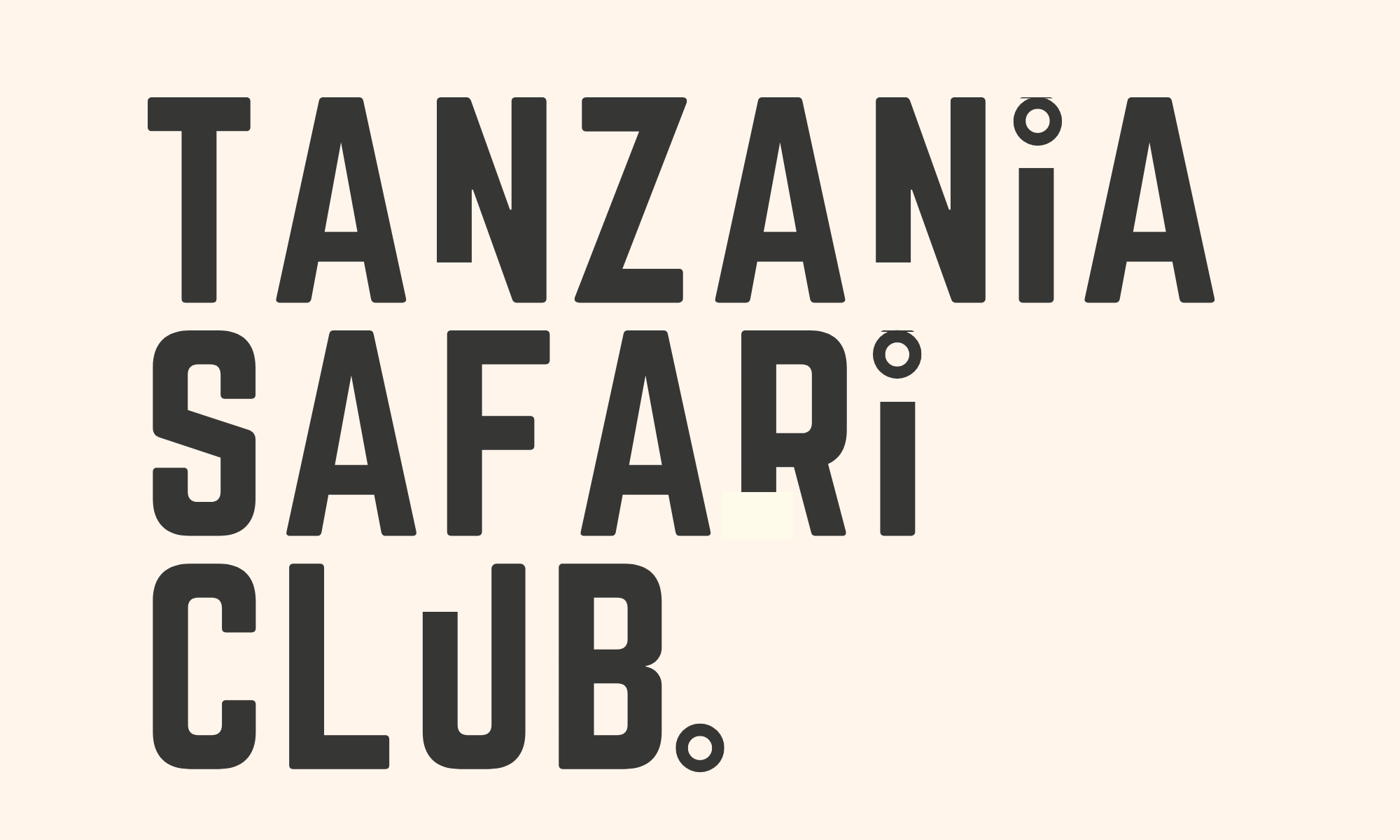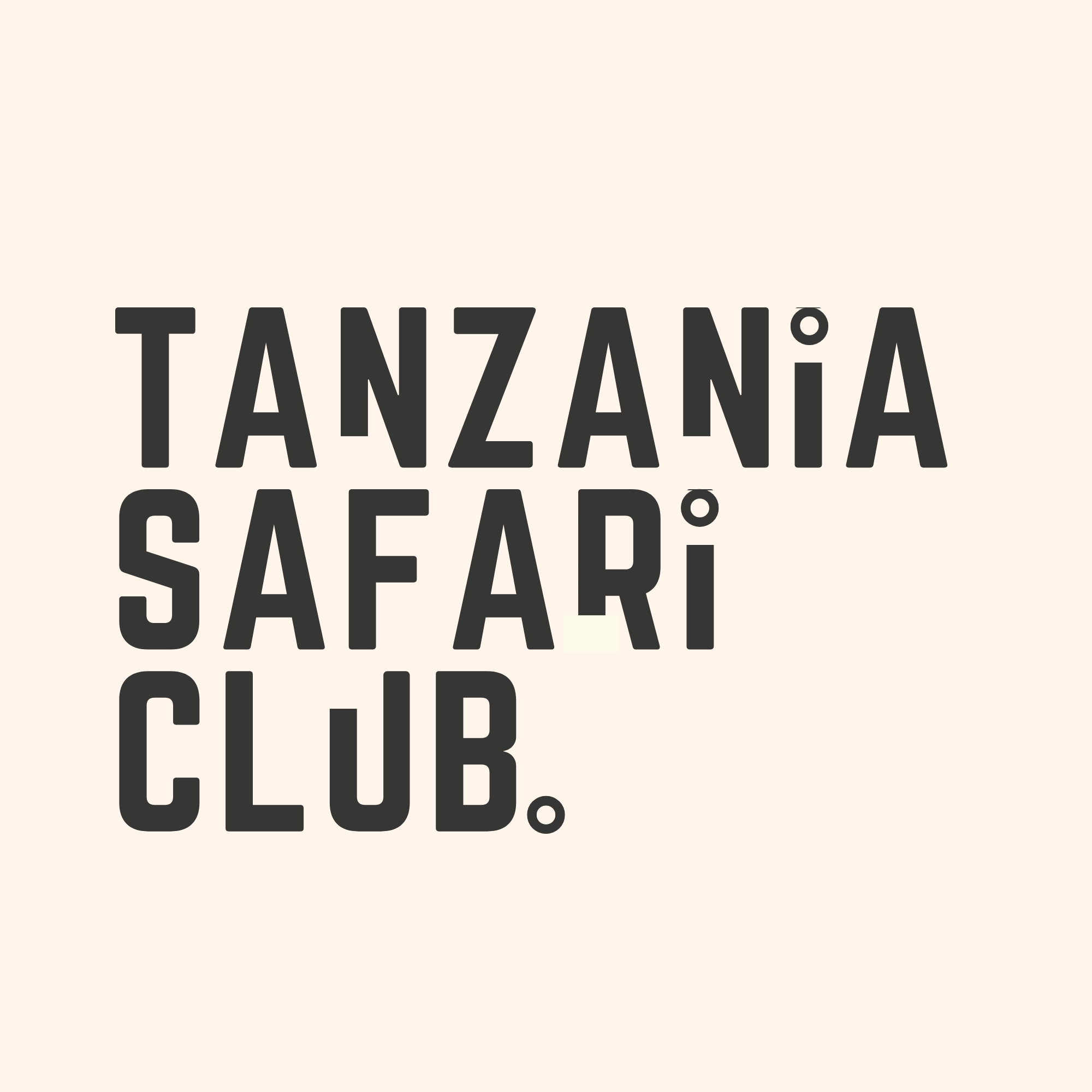
Safari
A Safari in Tanzania can offer everything you’ve dreamed of; only if you knew where to go!
We’ve compiled this page so you need to know about Tanzania, the Safari destinations & some of the most common FAQs.
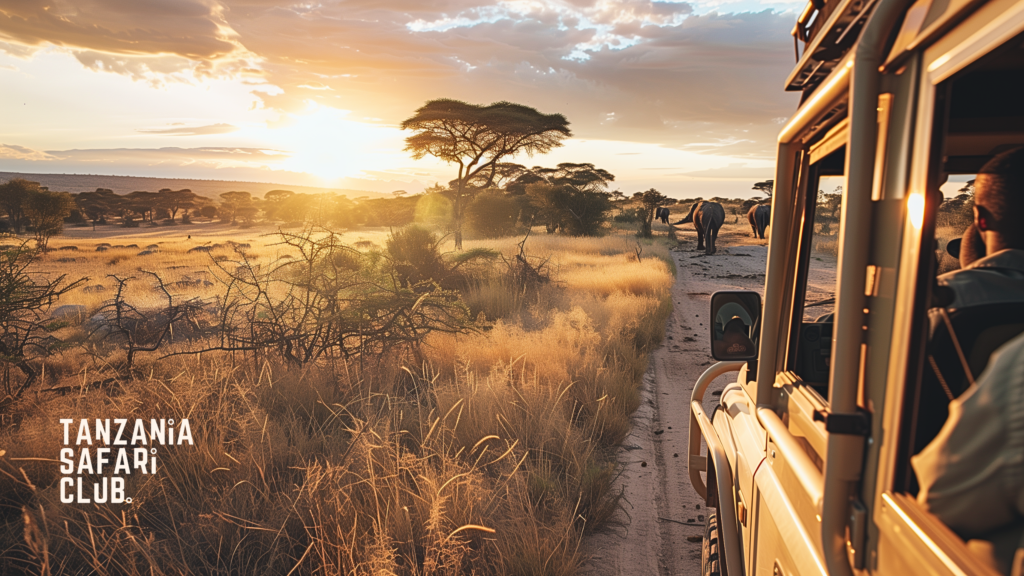
We’ve put together a PDF of everything you should expect from a Tanzanian adventure. It covers all of the main biomes you’ll visit, what makes them remarkable and the wildlife you should expect to see.
We’ve been on these routes, we’ve seen what other tour operators suggest and managed
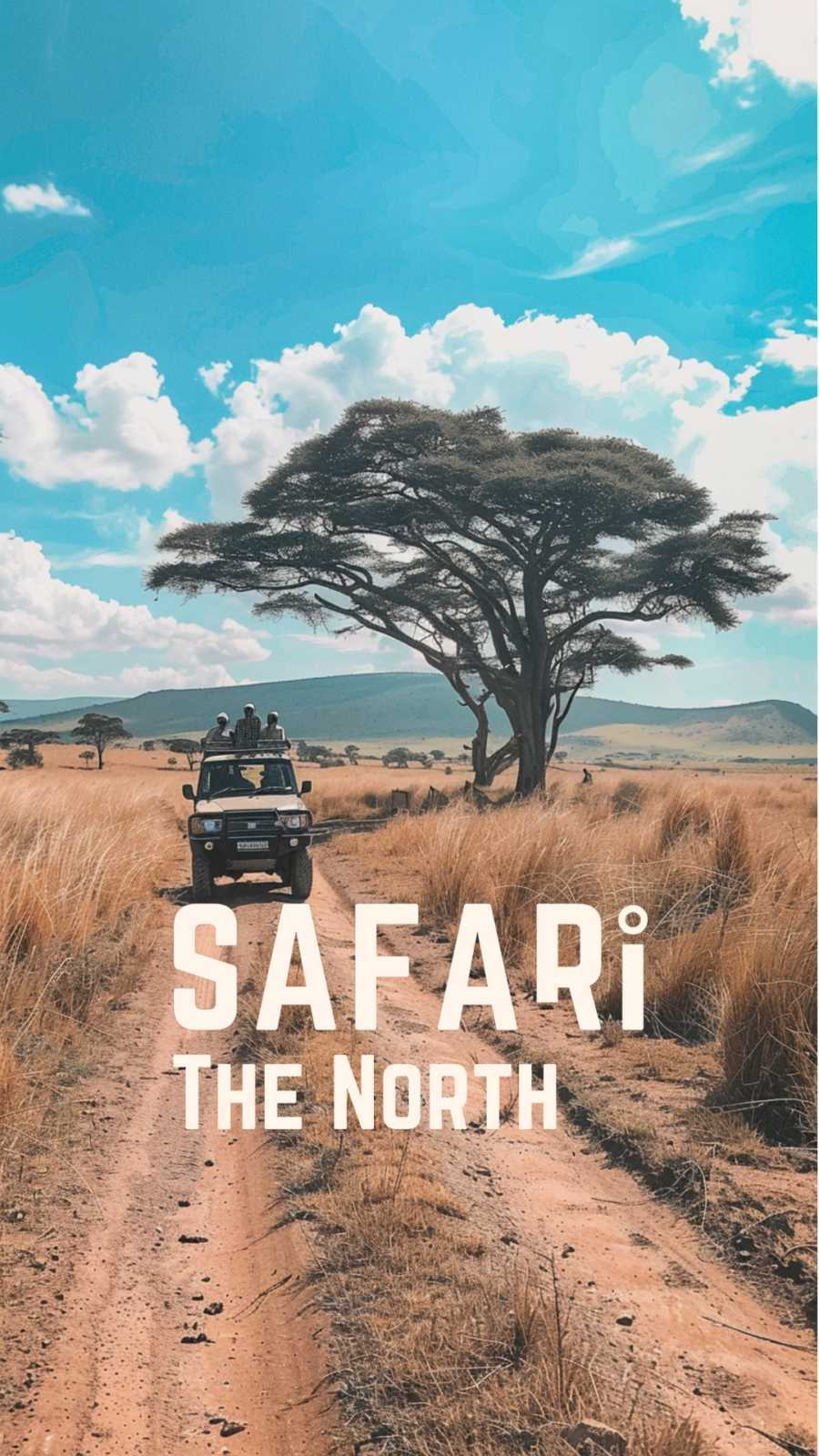
Northern Safari
The quintessential Tanzanian safari is found in the most northernly boarder with Kenya. Most tours start in Arusha (airport pick up), past Mt Meru & onto Karatu, the Gregory rift, Lake Natron, the Serengeti & the Ngorongoro crater. Here, you'll enjoy iconic safari biomes, activities & meet the big 5.
Northern Tanzanian safari is the most popular in the country, so you should expect to be among many other people and see other vans on the tracks. It can be quite hard to see the action with so many vehicles.
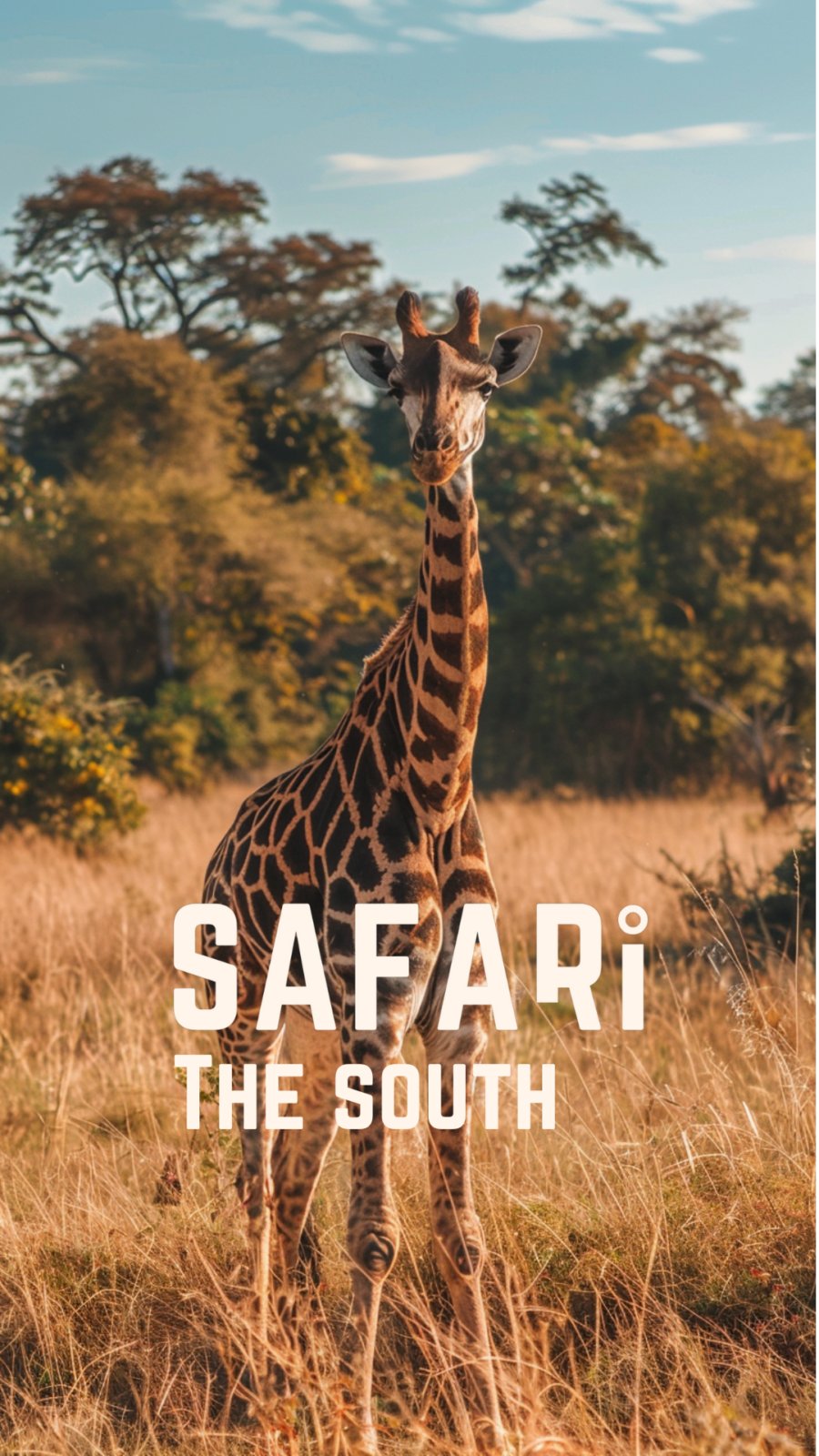
Southern Safari
Southern Tanzania Safari is much more overlooked. It is mostly where local Tanzanians travel to, and those who are looking for untouched hidden gems. The Sourthern route is much quieter, and is home to some sublimely beautiful landscapes. This includes the Nyrere (Selous), Katavi & Ruaha National Parks.
The best way to visit the southern Tanzanian Safari is by traveling to Dar Es Salaam and into the south. Flights are much more cost effective, and Dar has it's fair share of stunning beaches, and ferries to Zanzibar.
Meet the Big 5
The famous big 5. These are the biggest of the land animals that you can see in Tanzania. We’ve listed them below with their names in Kiswahili.

Tembo (elephant)

Kifaru (Rhino)

Nyati (Buffalo)

Simba (Lion)

Chui (Leopard)
Safari Biomes
One remarkable aspect of travelling in Tanzania is how different a few miles can be. You can easily travel between the souring heat and sandy desert landscapes of Ol Donyo Lengai, and the cool grassy highlands of the Ngorongoro crater within the same day.

Deserts & Volcanoes
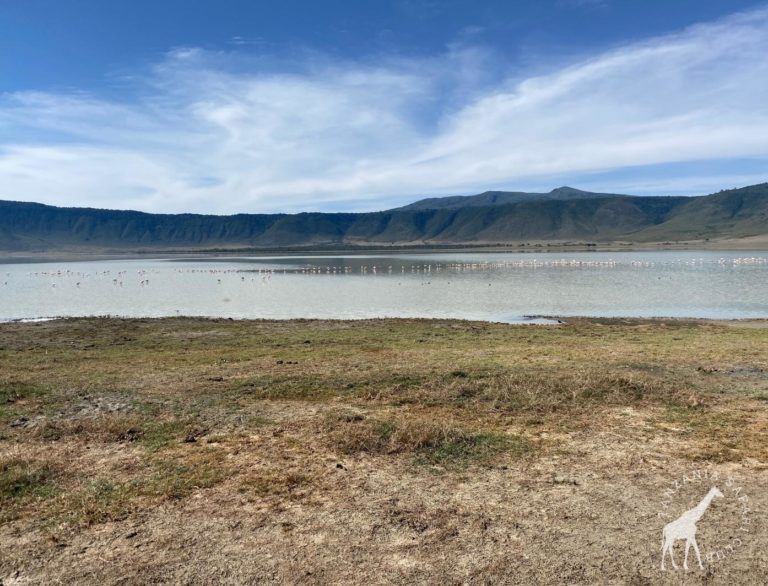
Endless Savannahs
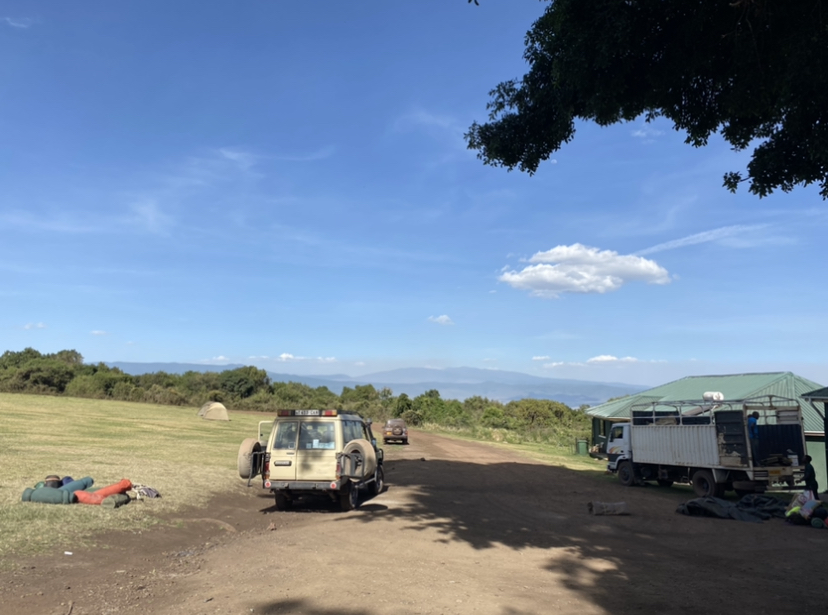
Highlands & Grasslands
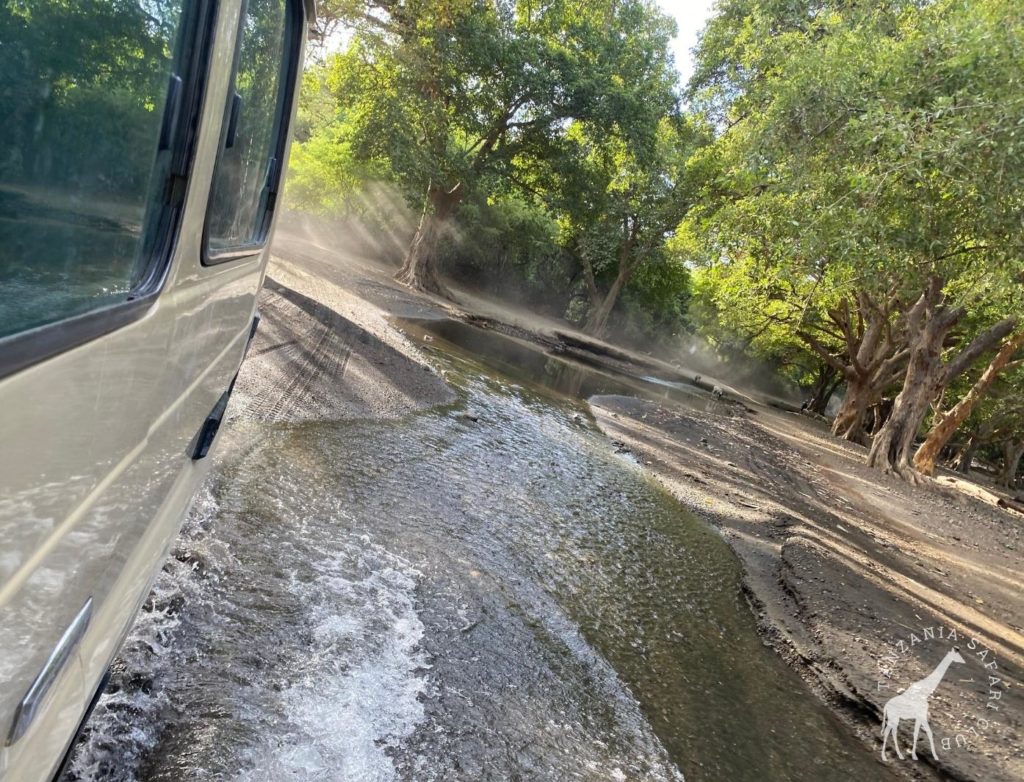
Tropical Jungles

Highlands & Grasslands
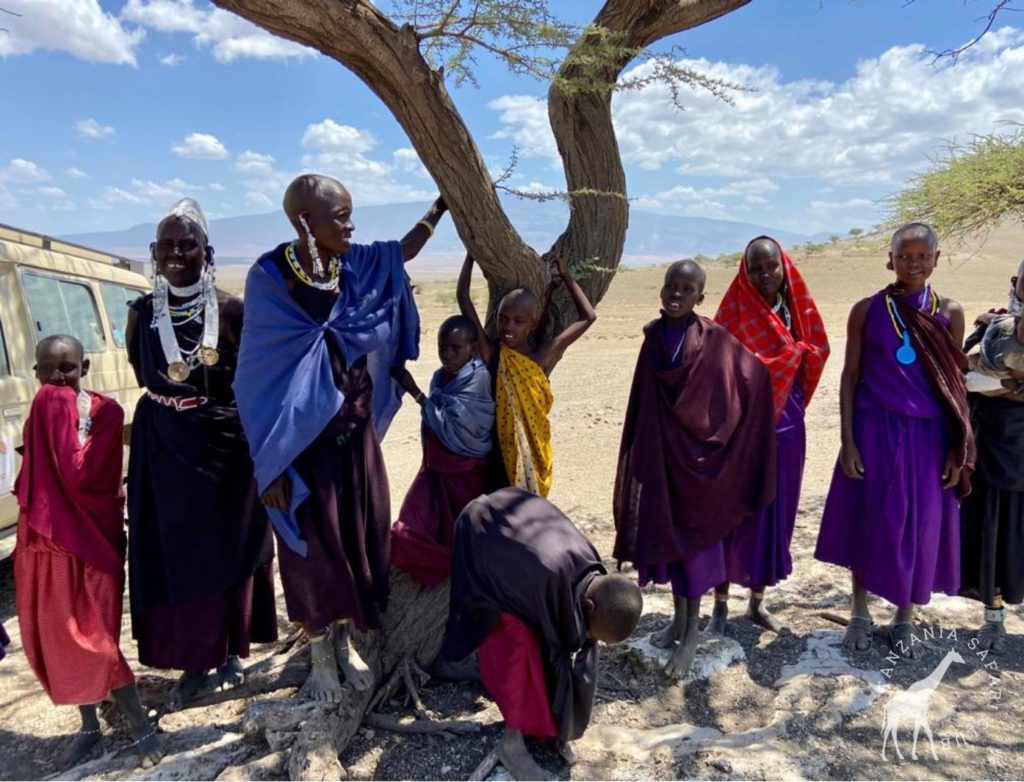
Cities of the wildlands
FAQ's
Over the years, we have collated some answers to the most commonly asked questions about Safari tours.
When is best to travel to Tanzania?
There are some who would suggest that the best time to travel to Tanzania is during the Great Migration, but we disagree (slightly).
The Great Migration follows the migration of the animals and happens between June and October.
The biggest issue with traveling at this time, is other humans. It gets very, very busy.
We’d recommend traveling just before, or after the Migration season. You’ll still manage to see the animals and enjoy the wonder of Safari, just without the traffic.
For southern Safari, it depends on the rains. Tanzania’s rainy season is usually between the end of March and May.
Do I need a visa to visit Tanzania?
Yes, all travellers from the UK will require a visa to enter Tanzania.
Usually, a visa can be purchased at the airport upon arrival, and is an easy process. However, often the queues can be long and at peak busy times, there could be a very long wait.
The UK consulate in Tanzania has an online service where you can apply for the visa digitally from the UK. The application is quick and takes a few days to be completed.
Apply for a visa here: services.immigration.go.tz
Which vaccinations do I require?
Before traveling, you should visit your local travel clinic who will have the most up to date vaccination information.
Generally, the reccommended vaccinations for Tanzania are:
- Hepatitis A and B
- Typhoid,
- Rabies
- Diphtheria
- Yellow Fever
*NB: Usually, you’ll not be required to have a yellow fever vaccination if you are traveling directly to Tanzania from the UK, however, if you are traveling from a Yellow Fever Zone, you must have the vaccination to be allowed to enter Tanzania.
Is Zanzibar safe for tourists?
In general, Zanizbar is safe for tourist, however, you should take the usual precautions when travelling.
Zanzibar is also culturally different to the Tanzanian mainland, and has a high percentage of Muslims. It is more conservative, so excessive drinking, wearing revealing clothes and not being respectful outside of the hotels may attract unwanted attention.
